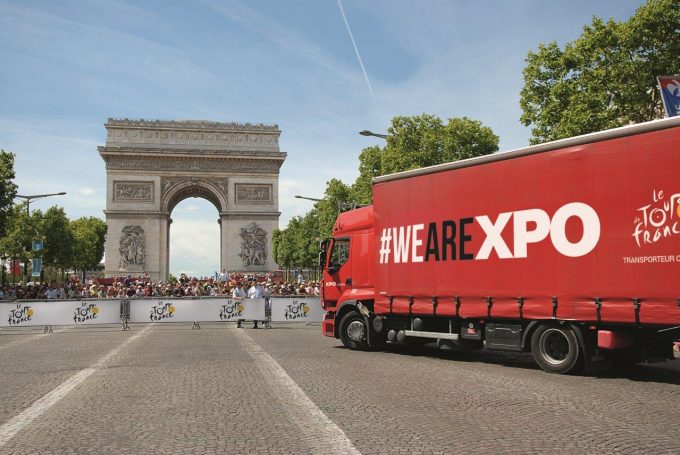OceanX: LatAm boom & gossip; MSC's rising logistics star; Trump-led blank sailings
Strictly on the QT!

XPO Logistics has denied that the sale of its US trucking arm to TransForce is the precursor to a wider sell-off of its asset base, and said it remains firmly committed to running the old Norbert Dentressangle trucking network in Europe.
In an exclusive interview, XPO Logistics chief executive Bradley Jacobs today told The Loadstar: “In Europe we are 100% committed to keeping the assets and the network that we operate.”
Last year, XPO significantly grew following the acquisitions of firstly Norbert ...
MSC Elsa 3 sinking – now the 'blame game' begins
After DSV 'cuts the cake' on Schenker acquisition, time for redundancies?
Congestion fear as US west coast ports brace for transpacific cargo surge
Bad news for shippers as wave of transpacific rate increases continues
Houthis claim Red Sea safe for box ships not calling at port of Haifa
Shippers hold their breath as Trump appeals court ruling that tariffs are illegal
No deals with carriers, say Houthis – Red Sea safe for non Israel-affiliated ships
Schenker's Shirley Sharma Paterson moves to K+N as global head of sales

Comment on this article